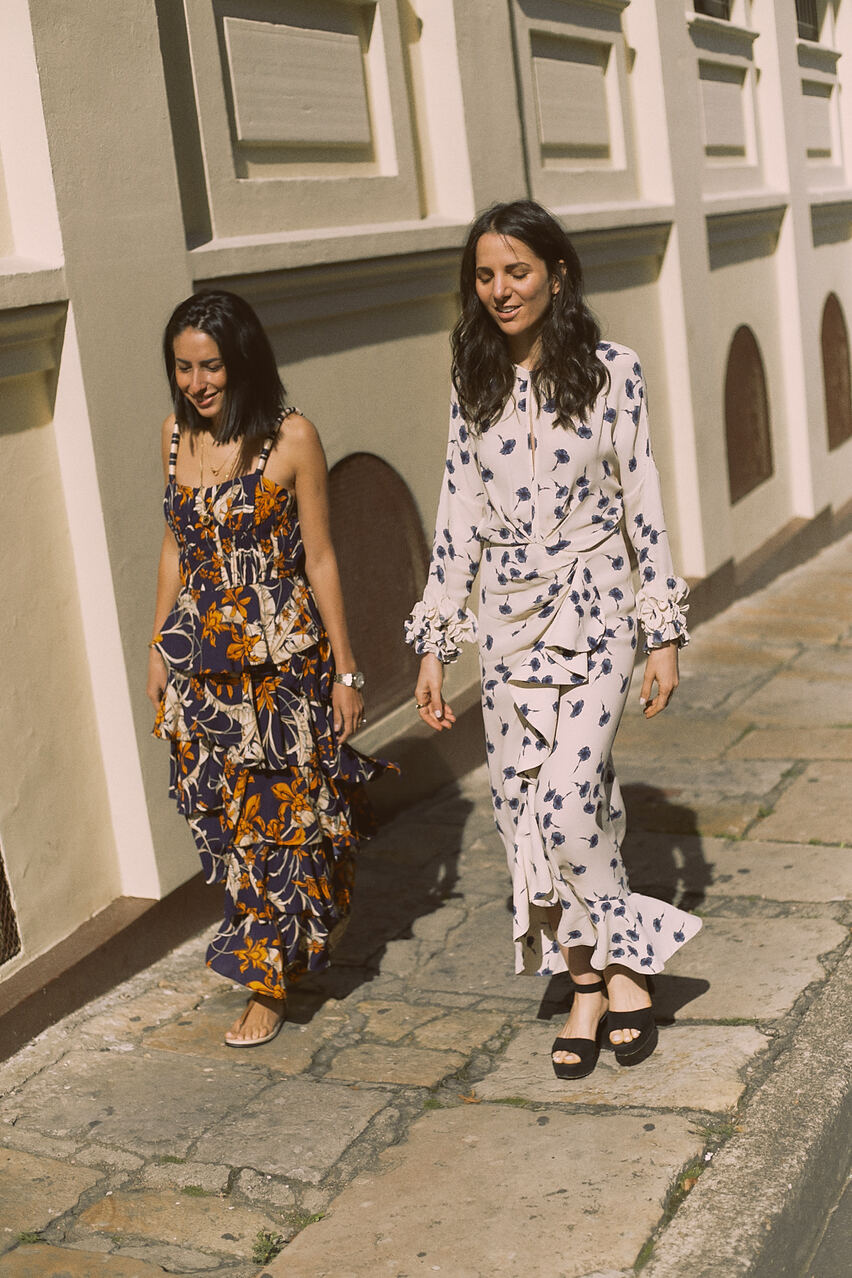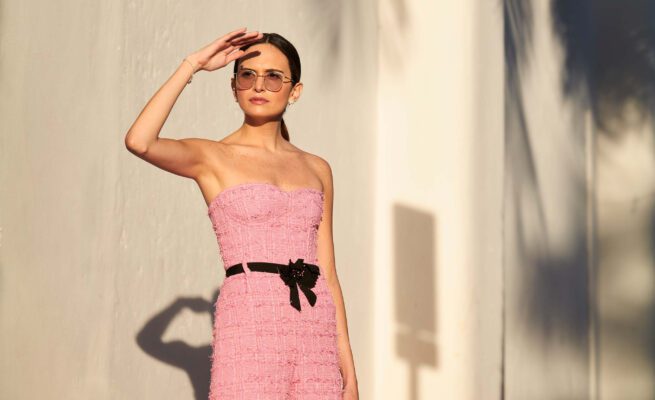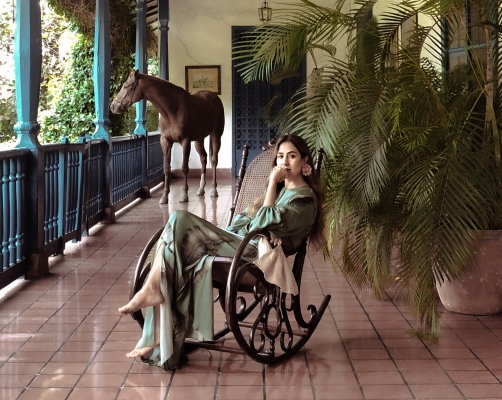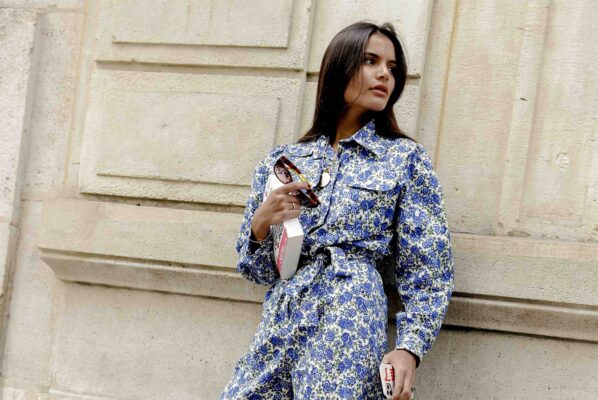
CAFECITO CON
THE FOUNDERS: KELLY TALAMAS AND CRISTINA CABARCOS
Names: Kelly Talamas & Cristina Cabarcos
Profession: Founders, LATINNESS
Birthplace: Miami, Florida, USA/Panama City, Panama
Zodiac Sign: Capricorn/Scorpio
Instagram: @latinness__
KELLY: First things first, what can I get you for coffee? I’m having a cortadito.
CRISTINA: I’m ready for my cappuccino and so excited to be here today.
KELLY: Yes, we did it! We’re finally launching LATINNESS. I think a lot of people are going to ask us about the name. How would you explain it?
CRISTINA: When you add -ness to an adjective, it becomes a noun. The idea was to create a word that encompasses all of our Latinity, that certain quality that we all share.
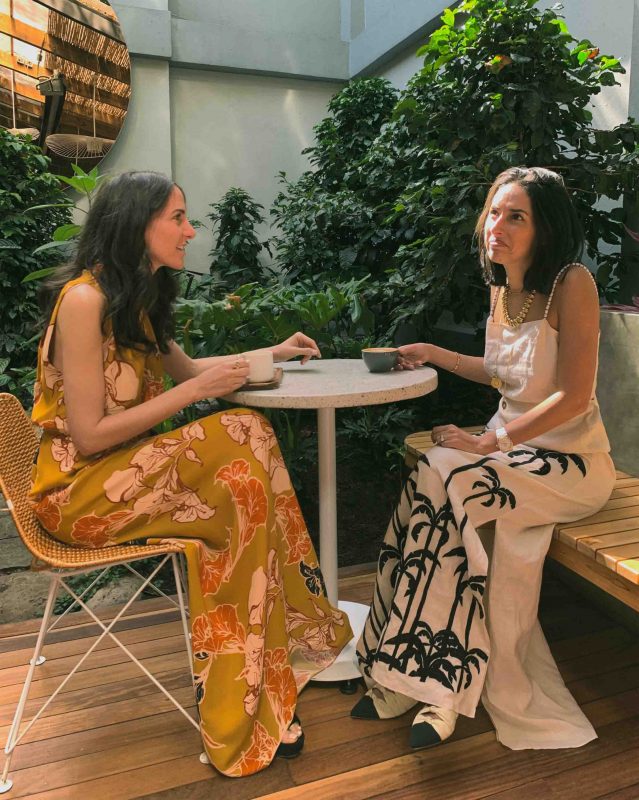
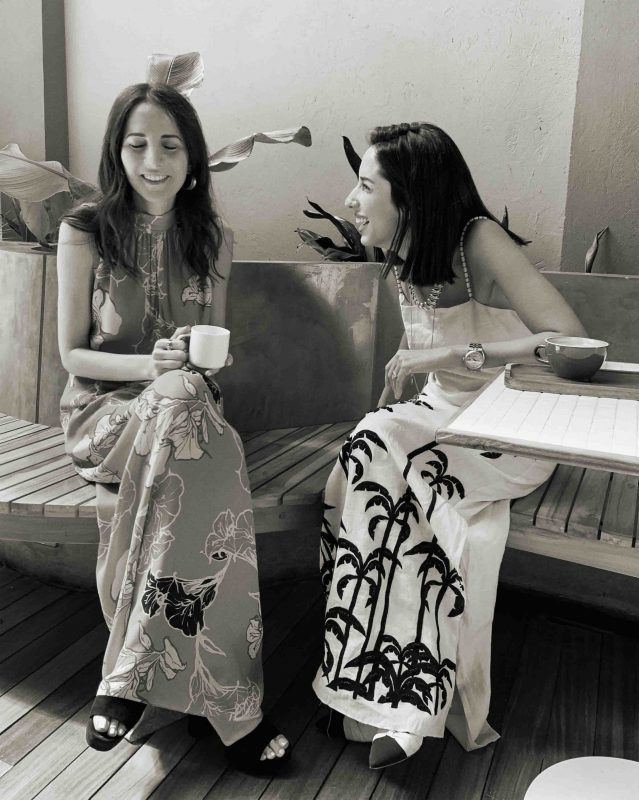
KELLY: Ok now that we’ve cleared that up, when would you say you became aware of your latinness?
CRISTINA: Growing up in Panama, I always felt very proud of being a Latina through the stories of strength from my grandmothers.
Maruca was born and raised in Panama, and was, in many ways, the ultimate girl boss! During the day, she worked in an accounting firm while raising 7 children! She was a Latin soul: she sang, read poetry, taught me to dance salsa with the 1, 2, 3. Delfina taught me resilience. At 28, she had fled Cuba at the beginning of the revolution with two young children. Through her, I learned about my Cuban roots. Unfortunately, she passed away this year, and was never able to go back.
They were a source of inspiration as I found my latinness. Then, at 18, I moved to Boston, in the United States, and it was the first opportunity I had to feel like a foreigner, and celebrate my differences.
What about you?
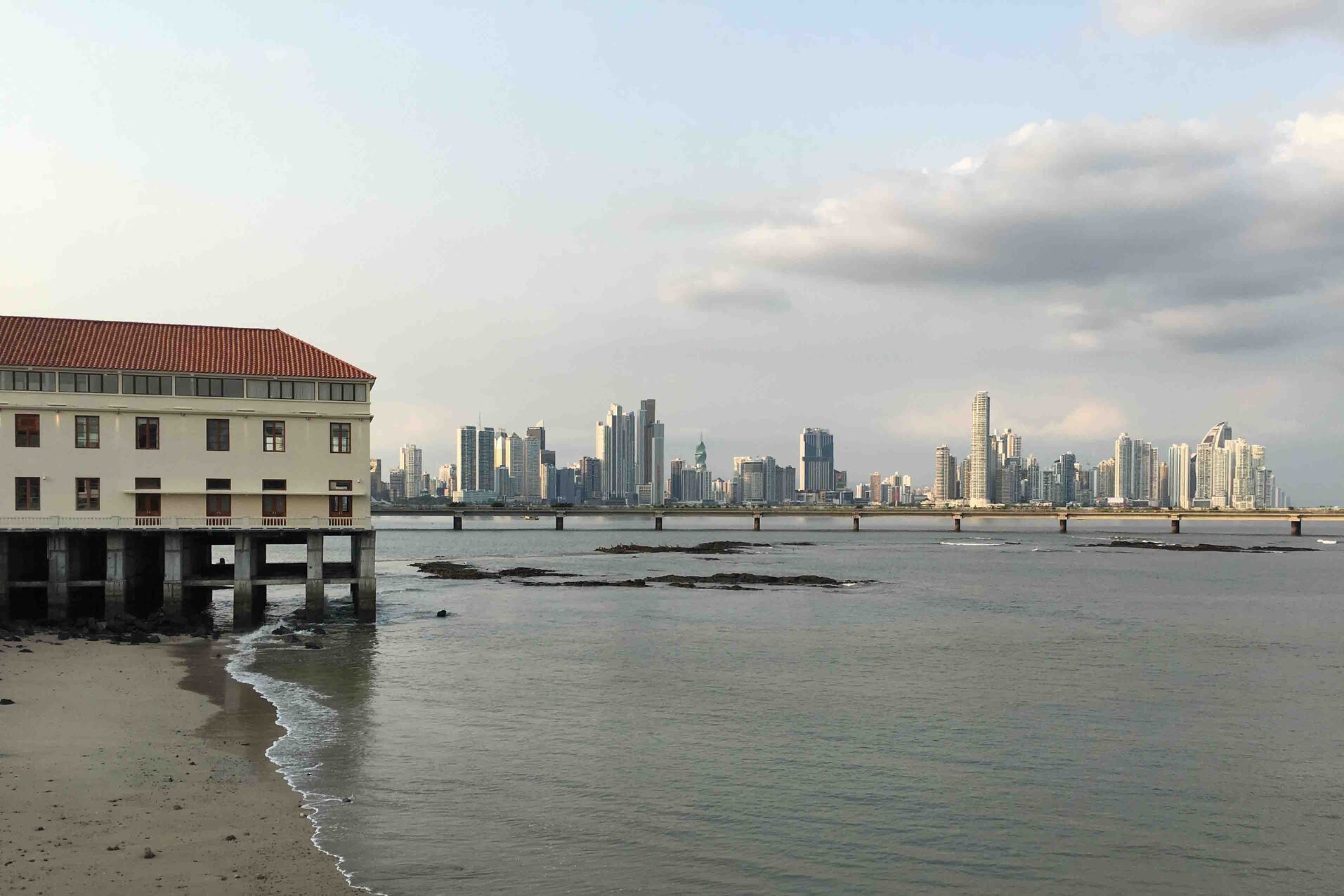
KELLY: I was born and raised in Miami, which is pretty much an extension of Latin America, to a Cuban mother and American father of Palestinian descent. At school, most of us were first generation Americans born to Latin parents who migrated to the United States, the majority Cuban. Since everyone I knew growing up had a similar story, I didn’t appreciate the uniqueness of it then. My Palestinian heritage was considered more rare at the time. Once I went away to University outside of Miami, I realized how different my community was in comparison to the rest of the United States. I was surprised to learn what little knowledge existed about the Latin culture outside of major cosmopolitan cities like Miami. It was then I began to appreciate my heritage and my family’s story, and was inspired to become more expressive about it. Years later, when I moved to Mexico, my pride in my roots really took hold, as I found I loved learning about and celebrating the Mexican culture, while also missing a lot of the Cuban customs and traditions I was accustomed to. Living in Latin America also helped to understand my grandparents more and feel more connected to them somehow.
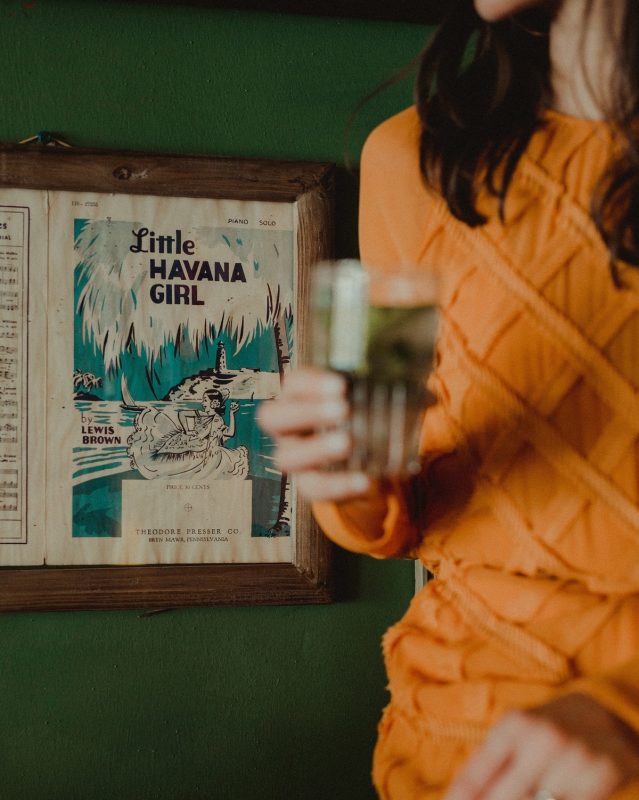
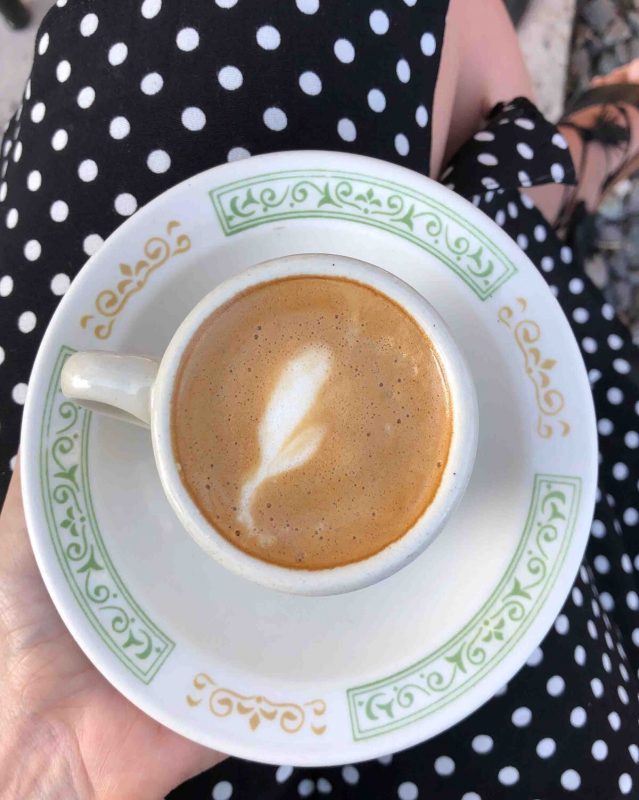
KELLY: Did moving to Colombia create a new layer of appreciation for your Latin culture?
CRISTINA: Panama was part of Colombia, ha ha ha. Colombians are very good hosts. In Colombia, I learned the joy of living with men and women with an immense joie de vivre. Passionate people who enjoy long lunches with friends. Cartagena nights are exuberant, the food, the dancing and the singing, and it’s so sophisticated! It’s something that can be seen in Colombian fashion, for example.
How did you live that experience of moving from Mexico to Colombia?
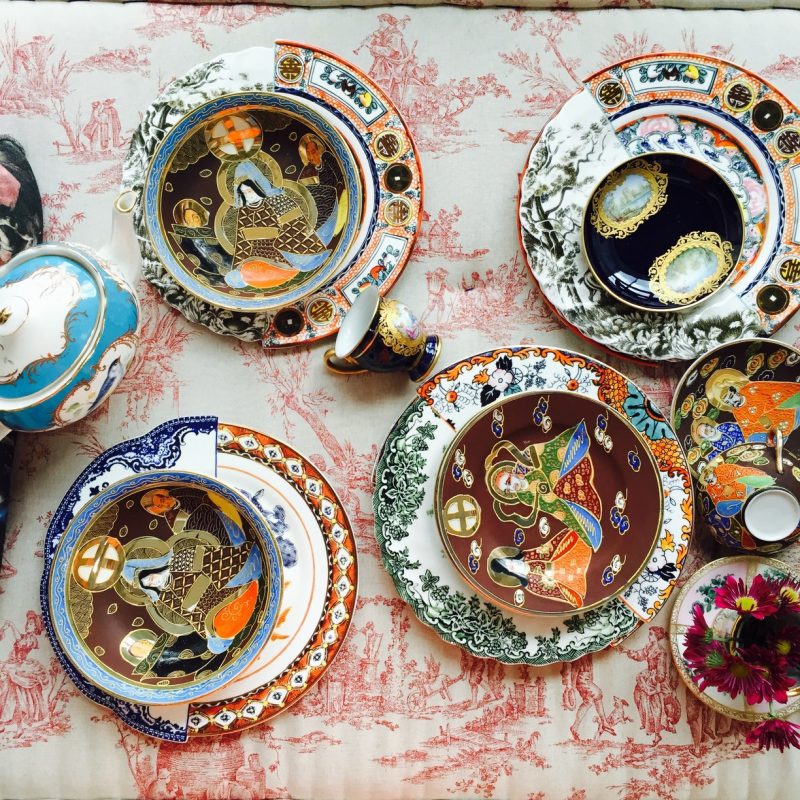
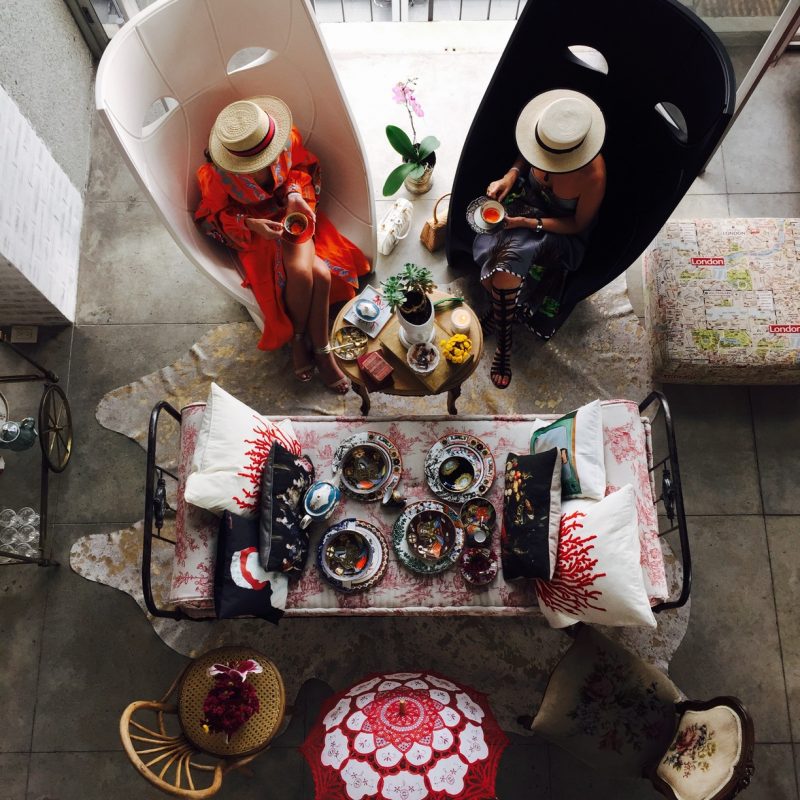
KELLY: I’d say it deepened my pride in my Latin heritage and my appreciation of the region’s cultural richness. It’s one thing to travel from country to country, but to actually live in and experience the day to day helps to develop a deeper understanding and admiration of each culture and its people. Mexico played such a pivotal role in my life, both personally and professionally, and I’m forever grateful for that experience. It’s an immense (and intense) city, but I fell in love from the start. I still miss the culture, the colors, the flavours and sobremesa with friends. Colombia was a smooth transition because Colombians are so warm and welcoming. There are a lot of similarities between Bogota and Mexico City, and there’s a part of it that actually feels like home, for example, when I travel to Cartagena- the warm weather and relaxed Caribbean attitude remind me of Miami.
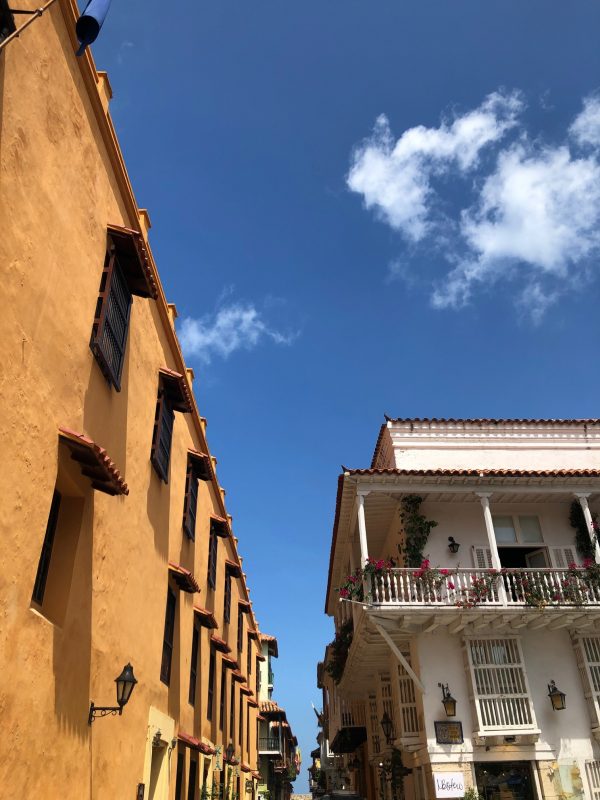
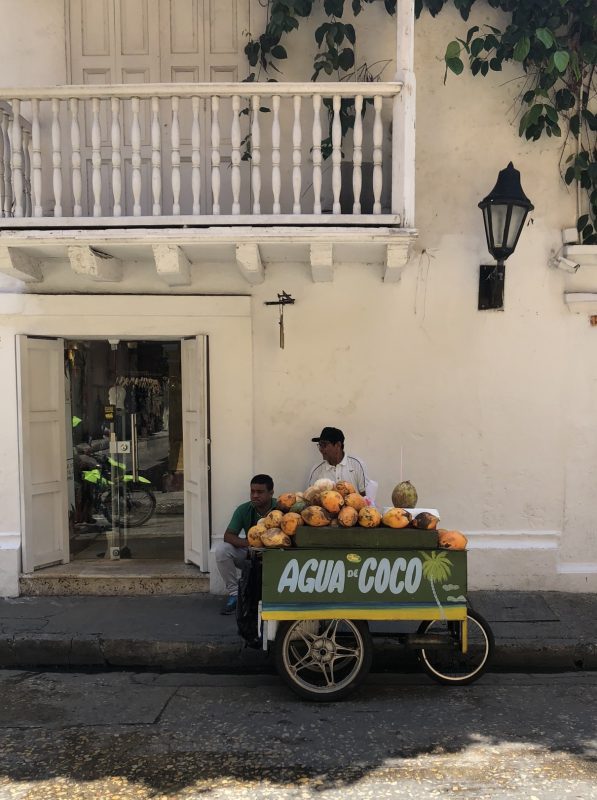
CRISTINA: Sans your Cuban coffee!
KELLY: Touché. Actually, now that you’ve mentioned that, do you remember when we first met in person after exchanging a million work emails?
CRISTINA: Yes! It was on your first trip to Panama. I took you on an express tour through the city, and we had lunch in Casco Viejo. We connected immediately!
KELLY: Exactly! We ate at Las Clementinas and bonded over our Cuban roots when we discovered that your father and my mother were both born in Cuba. Having grown up in different cities, we have distinct relationships with the Cuban culture though. What was yours like growing up?
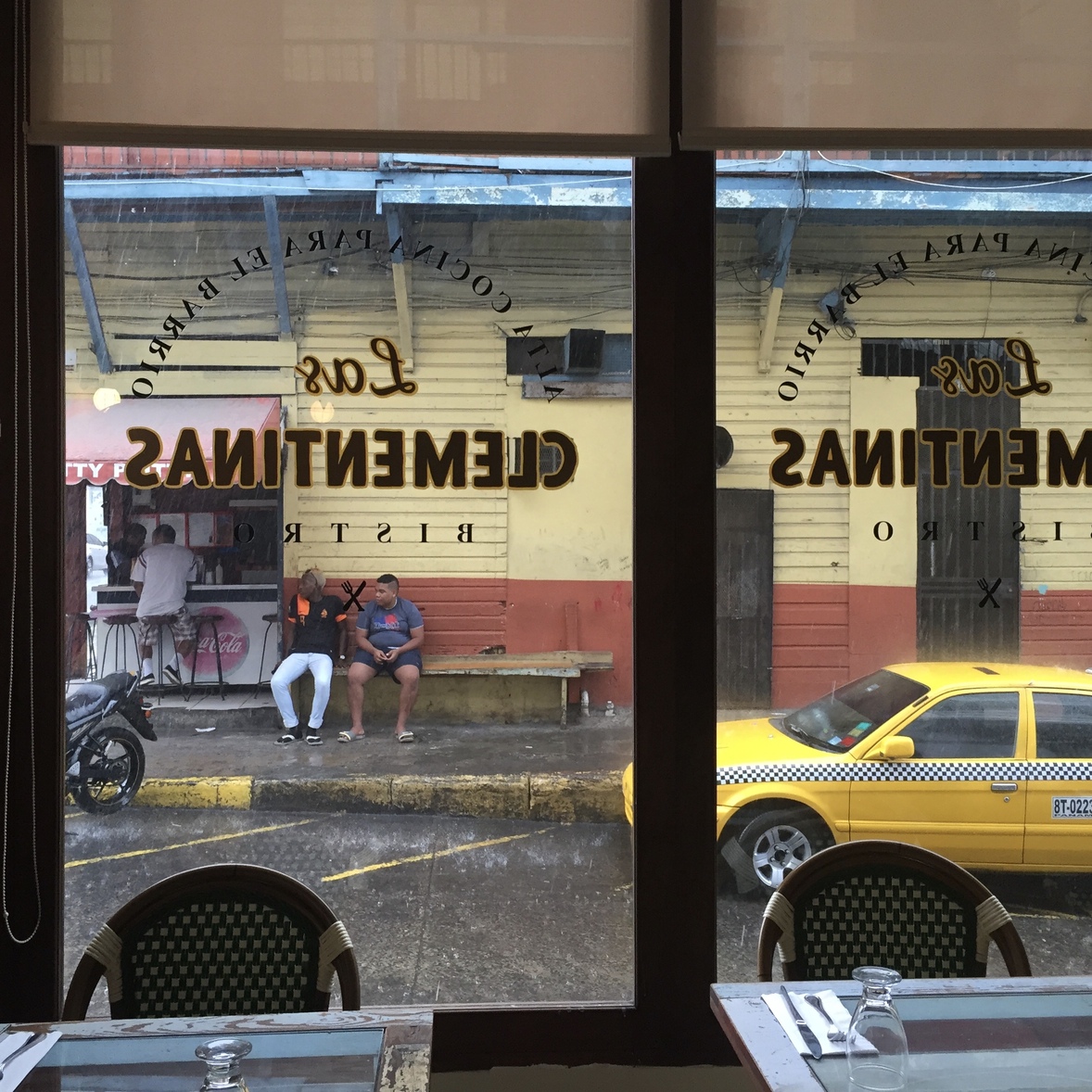
CRISTINA: We ate Cuban food all the time at my grandmother’s house, listened to Willy Chirino, Albita and Gloria Estefan, and heard my grandmother tirelessly comparing Panama to Havana. She would always say that Havana was the Switzerland of America, and I grew up convinced of it, without having visited.
However, the Cuban community in Panama was very small, and for this reason it was very easy for my family to assimilate culturally and become “Panamanians.” Yet there was a place in the world, where I always felt Cuban, and it was Miami! Every summer, I went to Miami with my grandparents. We would visit their best friends, who were Cuban. We would go to Navarro Pharmacy, grocery shopping at Sedano’s, and have the most delicious vaca frita at Versailles. I just took my husband and kids for the first time to eat there. What was it like for you to grow up with such a significant Cuban influence in Miami?
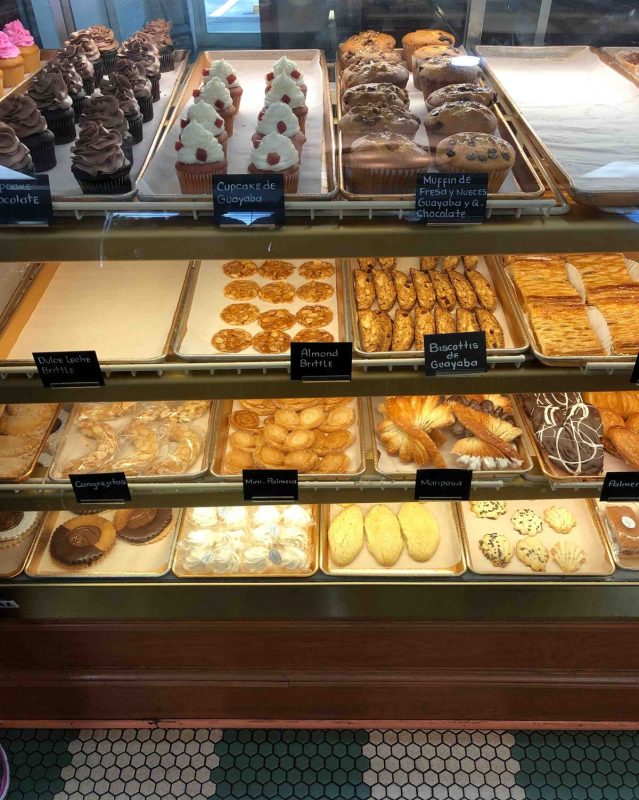
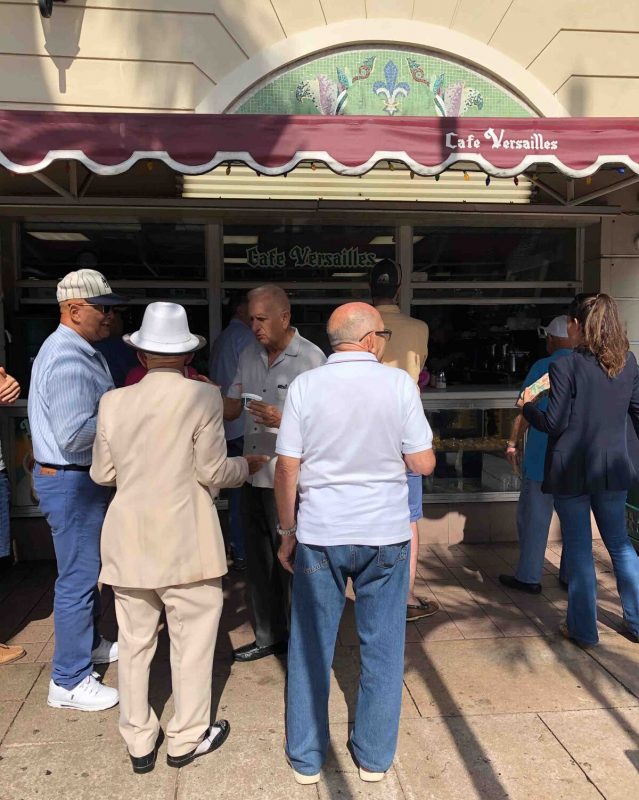
KELLY: Hahaha it’s funny you say that about your grandmother. There’s a phrase I always heard on the streets in Miami: “Esto no pasaba en Cuba” (“This wouldn’t happen in Cuba”). As a child, I took this Cuban influence for granted. Miami has changed a lot, but when I was younger, it felt like we were all Cubans or the children or grandchildren of Cubans! Although my mom moved as a toddler, and has no personal memories of her country, I grew up hearing anecdotes about life in “La Habana” from my grandparents, aunts and uncles, and there was no shortage of vaca frita, ropa vieja, congrí or cafecito cubano at our family gatherings. There were a lot of painful memories they didn’t discuss though, about having to leave their country, which is perhaps why it wasn’t until much older, and living outside of Miami, I truly understood their story. I grew up a witness to their resilience and their appreciation for the new life they were able to build. It’s a characteristic that’s so inspiring about the Cubans both in and out of the island. Sometimes I wish my grandparents were still alive to drill them with questions about life in Cuba. I think they would have loved to hear my stories about what life in Latin America is like today.
My sister and I were the first ever to travel to Cuba a few years back. Then I returned to Cuba again with CHANEL (thanks to you!) and stayed at Hotel Nacional, which is the hotel where my grandparents spent their first night as newlyweds. I’ve never felt more connected to them– I could feel their spirits in the hallway when walking to my room at night. Does that sound creepy?
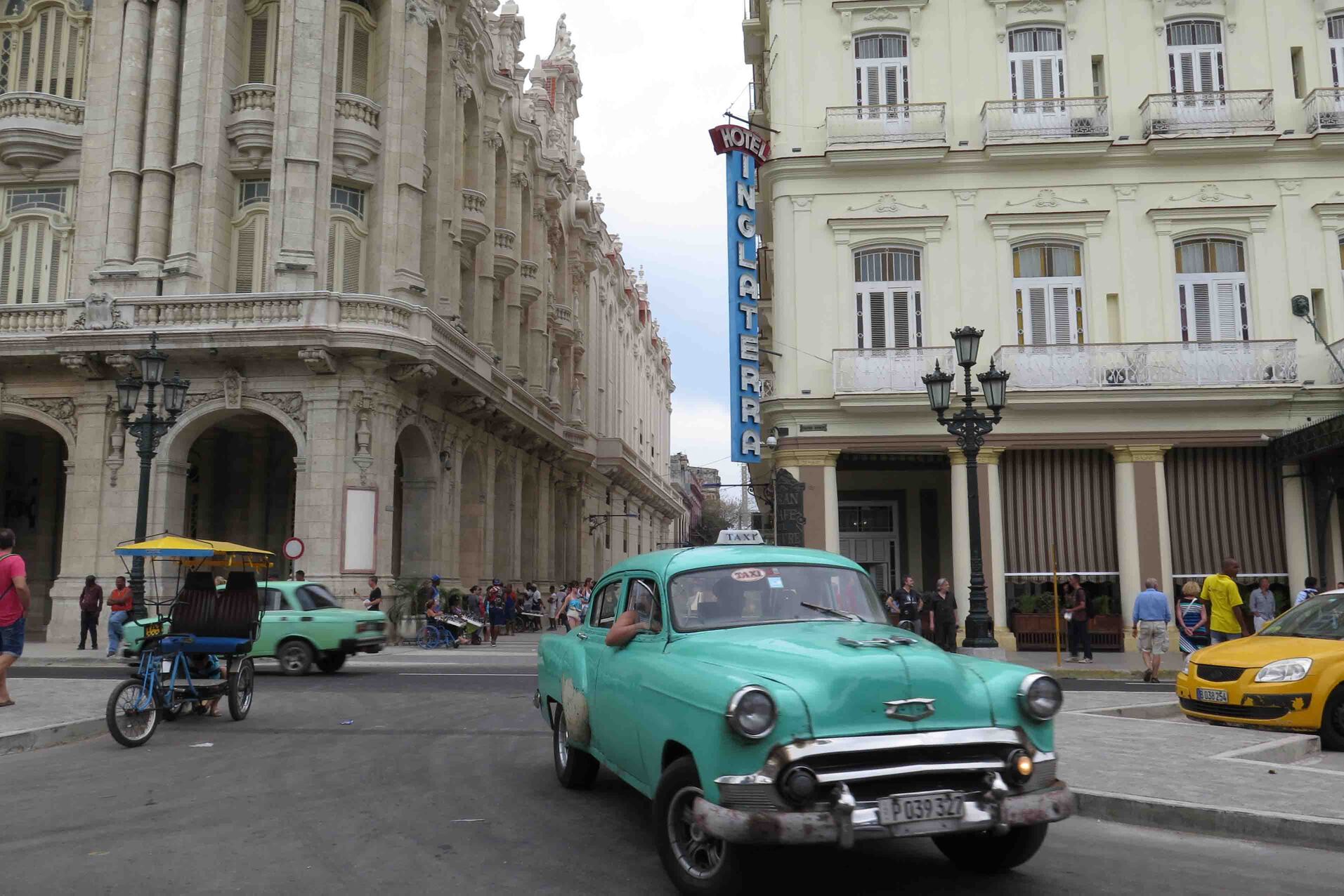
CRISTINA: A little, ha ha ha. But it’s such a moving story. Now that you mention CHANEL, I’m so grateful that it provided me that opportunity to reconnect to my roots, and travel extensively to Havana. This missing link that I had. I want to bring my cousins next year.
That job also allowed me to meet the brightest creatives in the region, through the work of journalists, producers, actors, painters. That’s how I ultimately met you, Kelly!
KELLY: And look at us now! I feel the same about Vogue, it brought me to Latin America, literally. I always imagined my journalism career would lead me to New York, but it was the unexpected move to Mexico that really defined my path, and well, here we are today, both based out of Colombia launching LATINNESS. I’m really ecstatic about this because while working at the magazine, what really fueled me creatively was discovering all the talent that exists in the region, and sharing those individual stories.
CRISTINA: I love reading about them, and finding ways to integrate those personalities into my PR work.
KELLY: We’ve both met so many inspiring Latins over the years. What would you say is your favorite thing about the Latin culture?
CRISTINA: Joie de Vivre, happy people embracing their LATINNESS. Through the joie de vivre, I think, ultimately, Simon Bolivar’s dream of a united Latin America came true, as it is something we all do share in common.
KELLY: I have to agree with you, it’s that joy of living. Each country with its own culture and customs, but together, we share this particular zest for life, which I haven’t experienced elsewhere. It’s something really special.
On that note, shall we get to it then?
CRISTINA: Vamos!
